#classic fiction
Note
I know it wouldn't make a lot of sense, but I'm curious. How would you interpret a hypothetical crossover between Alice in Wonderland and Sherlock Holmes?
Oooh interesting!
Ok so, if Alice in Wonderland takes place in 1865 and Alice is 7, she'd be born in 1858, making her 4 years younger than Holmes, born in 1854.
(Conceding that the Alice in the story is a separate entity, then Alice Liddell, her real world inspiration, and so could have a different birth date)
So they're very much contemporaries, so a crossover is definitely possible without even much work.
Now, for the purposes of plot, when is the most interesting point for when could this crossover be taking place?
When they're both adults? So when he's already a consulting detective, and perhaps some sort of weirdness is going down around the old grounds of Alice's home where these portals to Wonderland and the Chesslands seem to be. Perhaps she disapeers back into them as an adult and he's hired by her family to try and figure out what's happened?
Or, maybe they knew eachother as children somehow? Alice Liddell was the daughter of a college dean, her counterpart could well be the same (given that the layouts of their homes are supposed to be described similarly one could make a case for a parallel)
So perhaps he crossed her path well at school and had some sort of strange childhood adventure that he later tried to rationalize, but still haunts him to this day?
I think whatever I'd do I'd like to leave the conclusion open as to wether the Dreamworlds of Alice are just that, dreams--or something greater going on. Let Holmes give a rationalish explanation if he can, but leave enough room for, "yes, but what if..."
#asks#Sherlock Holmes#alice in wonderland#literary classics#classic fiction#literary crossover#alice liddell#victorian fantasy#victorian fiction#alice through the looking glass
63 notes
·
View notes
Text
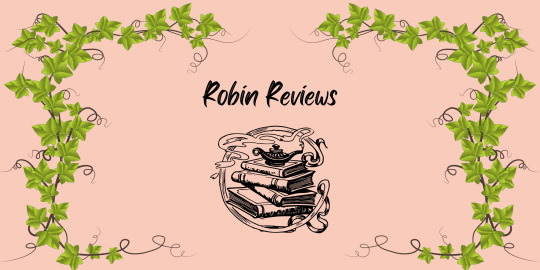
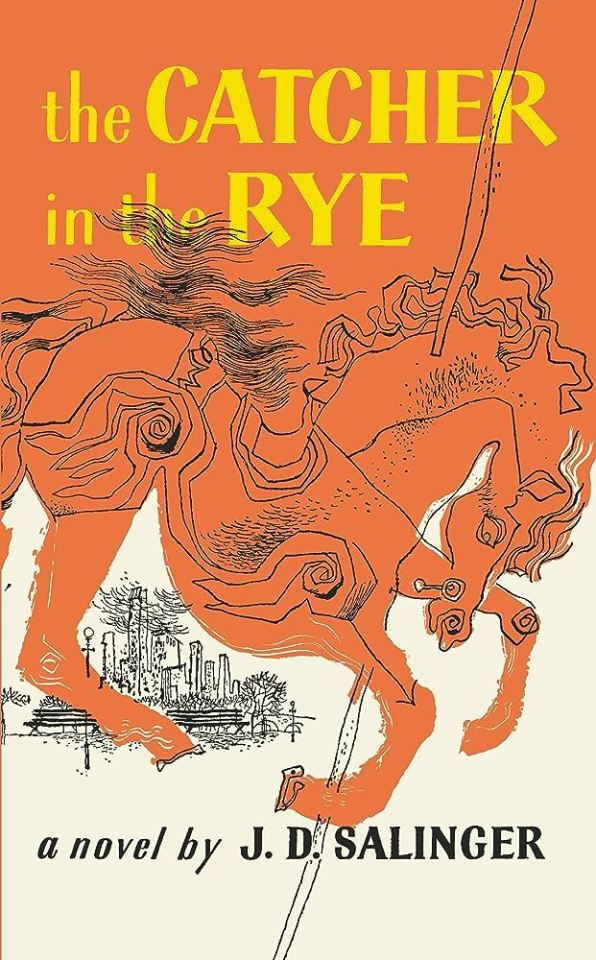
The Catcher in the Rye by J.D. Salinger
The hero-narrator of The Catcher in the Rye is an ancient child of sixteen, a native New Yorker named Holden Caufield. Through circumstances that tend to preclude adult, secondhand description, he leaves his prep school in Pennsylvania and goes underground in New York City for three days. -Storygraph
I can see why this book is such a divisive title when it comes to classic fiction. It's a work that has been dissected in many a high school classroom, which doesn't do any favors when it comes to appreciating classic fiction. When you spend hours in school brushing a fine tooth comb over something that you are forced to analyze and have some kind of deep opinion about, it's easy to start resenting the title solely because of the amount of work you have to put into it. Luckily, this wasn't something I had to read in school so I didn't go into it with any sort of negative feeling.
And of course, Holden Caulfield has become synonymous for edgy try hard male teens that feel like society has some sort of hidden beef with them and that they are tragically misunderstood to the point of constant woeful lamentation. That gives the book a bit of a disservice as, while Holden is a privileged upper class white boy living in New York City that definitely spends most of his time complaining and being terrible to women, his unlikability is kind of the point. Holden is not the model teen one should aspire to be. He's a hypocrite, displays multiple incidents of bigoted and misogynistic behavior, and generally hates and complains about everything. Absolutely no one in his life wants to be around him because of his attitude and overall personality. He's the result of what happens when someone goes through a great deal of grief and trauma and has had no support system or coping skills whatsoever.
Holden is haunted by his brother's death, experienced numerous implied sexual harassments/assaults, and has no positive relationships other than with his other, distant brother and younger sister. He's maturing in a world that does nothing for him, populated with artificiality and a constant squashing of innocence. He's aimless, floating around New York City not knowing what the hell to do or where the hell to go. When he wants something, he goes and gets it, only to realize he never really wanted it. He's so lost in this path to adulthood and it's easy to see the fear and resentment he has towards the process. I think everyone who has ever been a teen can relate to that, feeling so adrift in a world that doesn't really care for them and desperately clinging to things that haven't been warped by its malice.
Ultimately, I think I enjoyed this book. I liked finally being able to dissect a character that is practically infamous for his teen angst and I can't really say that I'm surprised when I found out that all of that unlikability is coming from a sad place. The writing style feels exactly how a teen would write, which isn't going to appeal to everyone. Honestly, it's a hard book to like, and it's not for everyone, but for those willing to put up with a lot of angst and read a little bit beyond the surface level, you make get a little something out of it.
(4/5)
#the catcher in the rye#j.d. salinger#classic literature#classic fiction#classic#reviews#book reviews
20 notes
·
View notes
Text

“The world is changed because you are made of ivory and gold. The curves of your lips rewrite history.” 💋 - Oscar Wilde
#oscar wilde#classic lit#classic books#classic literature#gothic literature#booklr#dark acadamia aesthetic#dark academia books#dark academia#book blog#reading#books i recommend#book quotes#books i've read#light acadamia aesthetic#light academia#classic fiction
103 notes
·
View notes
Text

#Dorothy L. Sayers#Lord Peter Wimsey#mystery#books#book#reading#read#coffee#coffee mug#blue#photography#photographers on tumblr#original photography#booklr#old books#classic fiction
20 notes
·
View notes
Photo

EPISODE 22 - FINALE, PART 3: H.G. WELLS' HOUSE PARTY FOR HONOURED GUESTS (PLUS DOYLE)
The final installment has arrived! We hope you've enjoyed this trip through time...
Click the link to listen, or find us wherever you get your podcasts: https://podcasters.spotify.com/pod/hg-wells-has-his-regrets
#hg wells#HG Wells Has His Regrets#hgwhhr#classical literature#classic fiction#classical authors#podcast#podcasting#time machine#indie podcasts#uk podcasts#uk audio drama#uk audio fiction#audio drama#audio fiction#podernfamily#audio drama recs#sci fi#science fiction#time travel#sir arthur conan doyle
13 notes
·
View notes
Text
“Those who find ugly meanings in beautiful things are corrupt without being charming. This is a fault. Those who find beautiful meanings in beautiful things are the cultivated. For these there is hope. They are the elect to whom beautiful things mean only Beauty. There is no such thing as a moral or an immoral book. Books are well written, or badly written. That is all.”
― Oscar Wilde, The Picture of Dorian Gray.
#the picture of dorian gray#oscar wilde#new books#booklr#books#bookblr#fiction#book#quotes#book quotes#quotations#quote#book quote#bookworm#books & libraries#booklover#book blog#classics#classic fiction
142 notes
·
View notes
Text
If Maggie Tulliver was around in the 2000s she would have loved My Mum Sold Me To One Direction™ fanfic. No, I won't expand
4 notes
·
View notes
Text
Review: The Black Cat
★★★★★ - 5 stars
"For the most wild, yet most homely narrative which I am about to pen, I neither expect nor solicit belief."

One of Poe's most sinister, yet amazing gothic masterpieces: The Black Cat is an introspective and twisted tale of animal cruelty, murder, and domestic violence. It tells the story of a man who grows to resent his pet cat through bitter self-hatred and remorse from his alcohol addiction and soon turns to dark means to rectify the annoyance of the cat's presence. Through the first-person narrative of a man with an addiction to alcohol that is just as strong as his life-long obsession with animals, Poe discusses the grim darkness of humanity caused by our bad habits. He forewarns his readers against drinking alcohol and raises questions of where the line between sanity and insanity lies. Though not extremely graphic, this short piece will have you on edge, disgusted by what you are reading, and simultaneously unable to put it down for a single second. A psychologically uncomfortable and eerie creation, The Black Cat is a perfect short story to curl up with as we check off the days until Halloween.
#the black cat#horror#short story#short story review#edgar allan poe#poe#horror fiction#halloween#spooky#spooktober#halloween reads#october reads#creepy reads#creepy short story#horror short story#animal cruelty#murder#murder story#classic fiction#book review#books#book blog#booklr#readblr#book reccs#book recommendations#bookaddict#bookblr#bookworm#books and reading
6 notes
·
View notes
Text
“There is a luxury in self-reproach. When we blame ourselves, we feel that no one else has a right to blame us. It is the confession, not the priest that gives us absolution.”
-The Picture of Dorian Gray, Oscar Wilde
6 notes
·
View notes
Audio
Listen/purchase: The Strange Case Of Dr. Jekyll And Mr. Hyde by Gutenberg Digital
#bandcamp#the strange case of dr. jekyll and mr. hyde#Robert Louis Stevenson#Audiobook#Horror#classic fiction
10 notes
·
View notes
Text
#unhallowedarts "Try to be Civil, Marlow" - Joseph Conrad's "Heart of Darkness"

“We live as we dream--alone....” (Joseph Conrad)
He did turn fresh-water sailor himself once, after sailing the seven seas for 15 years, finally making “master” on the barque “Otago” of the British Merchant Navy, carrying goods on the South Australia run back in the late 1880s. The Polish-born skipper of a riverboat steaming up the Lualaba towards the Belgian government station at Kisangani below the Stanley Falls found the grave and the tale of a bad white man gone to worse in Central Africa, in the hell of King Leopold II’s so called Congo Free State. It might be that the aspiring author had heard the enthralling voice of Mr Kurtz there for the first time. Almost a decade later, when the jolly tar brought his experiences to paper, the voice had received the superstructure of a Nietzschean Übermensch, the psychological abyss of Dostoevsky’s outré protagonists and Captain Ahab’s hubris. A man who founders in the Heart of Darkness, the distorting mirror Africa had become for Europe’s cloud-cuckoo-land at the end of the long 19th century. The only remedy against things falling apart, the centre that just might hold, were the seamannish virtues of the tale’s narrator, idealised by its author, Joseph Conrad. But Conrad always was a novelist who went to sea instead of a seaman who became an author.

Many of Conrad’s tales might look like tarry, rough handed sailors at first acquaintance, but they soon take on the guise of Marlow, his narrator oftimes, sitting on deck of the Nellie riding at anchor in Gravesend, spinning his yarn, with “sunken cheeks, a yellow complexion, a straight back, an ascetic aspect, and, with his arms dropped, the palms of hands outwards,” resembling “a Buddha preaching in European clothes and without a lotus-flower. And no balm in Gilead either. “Heart of Darkness” barrages the reader with imagery from Dante to the more sinister aspects of Greek mythology along with the cold and lofty heights of contemporary European literature. A climate no one escapes alive. Or at least not sane. “He cried in a whisper at some image, at some vision—he cried out twice, a cry that was no more than a breath:
“‘The horror! The horror!’”
But then, Conrad’s Africa is a distorting mirror all by itself and the novelette is not so much describing things as they were – even though Conrad manages to do that well enough. The “Heart of Darkness” is not discovered in foreign climes but too close for comfort and travelling on an actual river might never be the same after reading Conrad, the tale told is a Campbellian journey inwards.
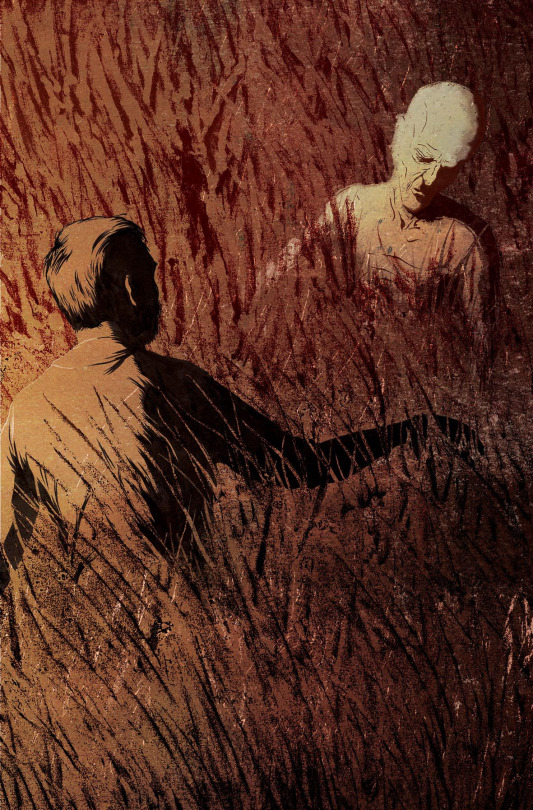
He indulged himself in the abyss of the human soul, seen and heard in Conrad’s work, but very rarely voiced in single arias with all highs and lows, standing out from the choir of highly polyphonic arrangements, like Dostoevsky’s. It’s a horror, and that’s that. With a surprisingly simple remedy: “Try to be civil, Marlow“, despite the tragédie humaine Conrad usually narrates. And while his matchless prose with all its Gallicisms, Polonisms and artificially wonderful word and grammar structures and creations no native speaker could come up with remains unrivalled, his influence, at the very least through his rich imagery. Seen and distorted into Symbolist visions, garnished with enchanting, often disturbing and sometimes misleading adjectives, a realist author with a very, very deep cargo hold.
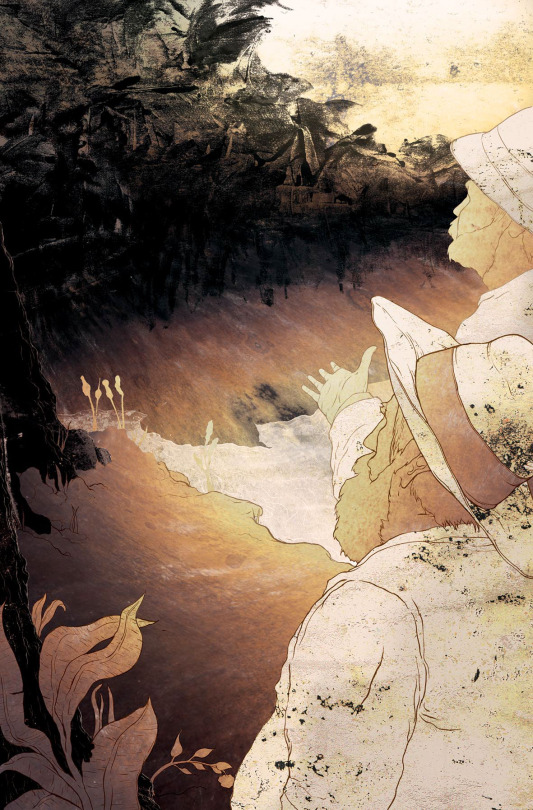
All images above were created by Sean McSorley for the Folio Society's 2014 edition of Joseph Conrad's "Heart of Darkness", a gem that can be acquired following the link below - and where McSorley excellent - and quite congenial - artwork was nicked from.
#unhallowedarts#dark literature#dark aesthetic#classic fiction#classic literature#joseph conrad#heart of darkness
9 notes
·
View notes
Text
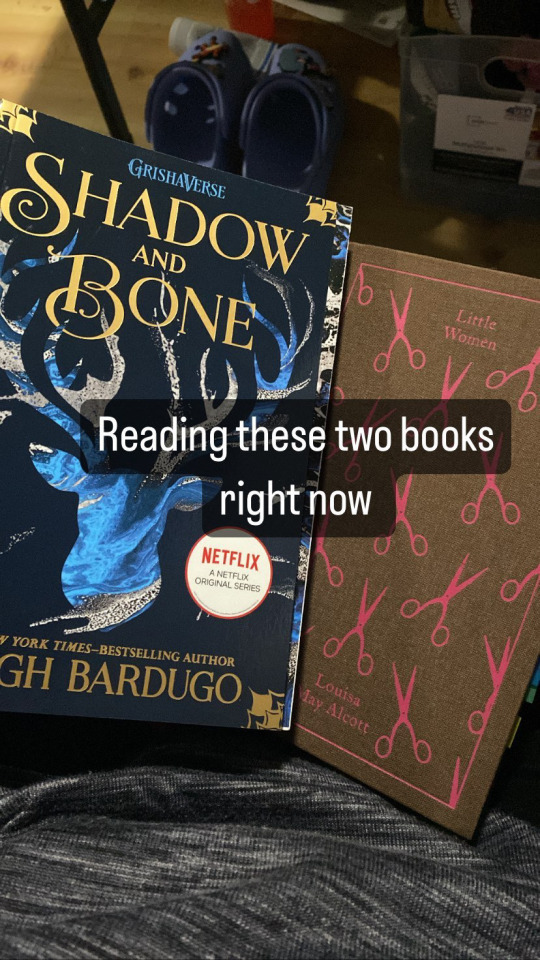
05.30.23// It’s looking like I won’t finish a book this month, Little Women turned out to be a bit much for me. I’m not the most focused reader after all, and I’m pretty slow. While I didn’t give up on it, I did decide to take a break from it.
Which in turn reminded me of a piece of advice I came across some time ago that I’d like to share now.
When reading two books, a good rule of thumb is to read books in different genres - two books that will most likely be vastly different from each other. This way the events in one book don’t get mixed up with the other. I don’t have that much trouble with keeping the events in books straight in my head, but the advice is still helpful. Personally I found it to be more helpful in keeping me interested in both books. Sometimes you just need something different or easier.
#bookish#bookworm#bookblr#book blog#fiction#shadow and bone#leigh bardugo#little women#classic fiction#louisa may alcott#reading habits#booklover#reading advice
2 notes
·
View notes
Photo
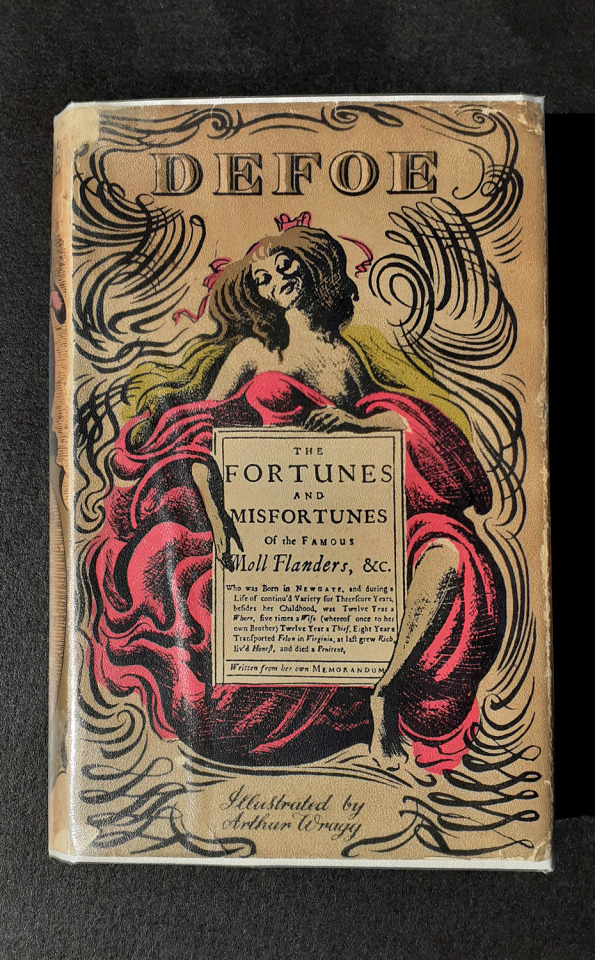


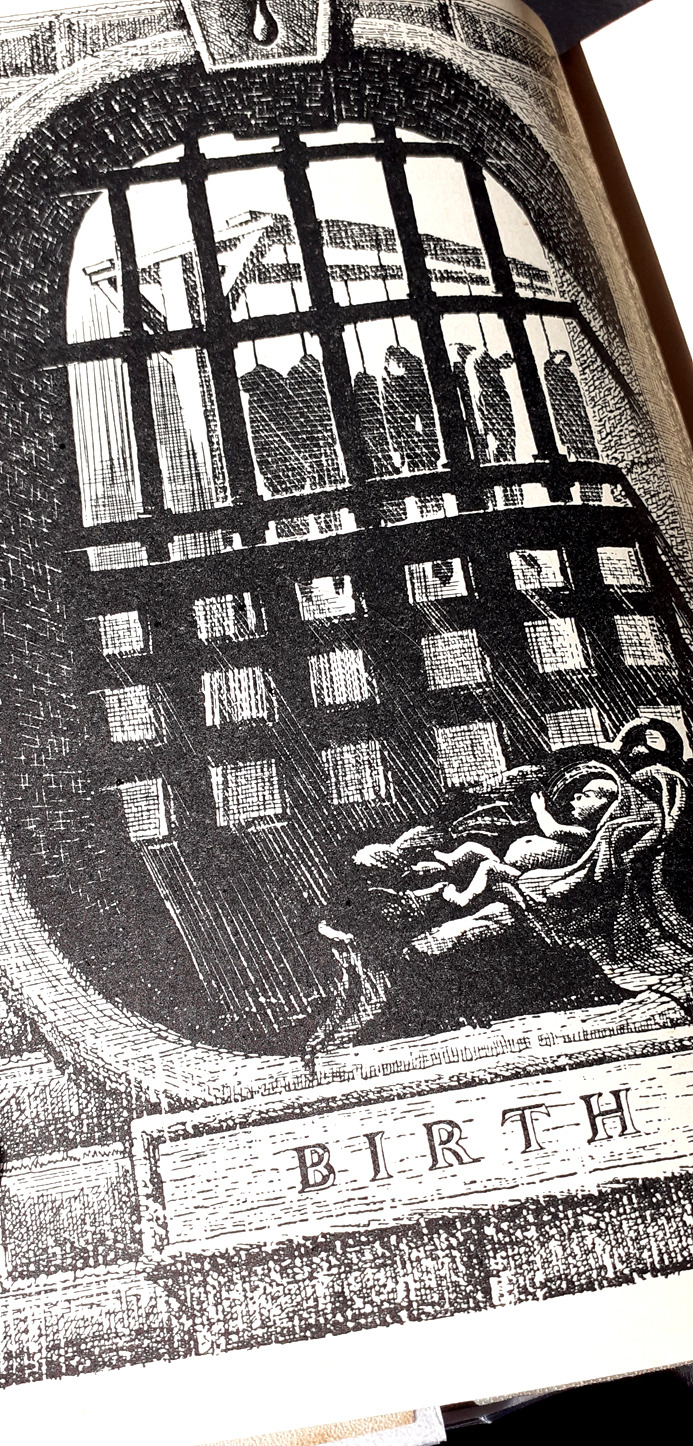
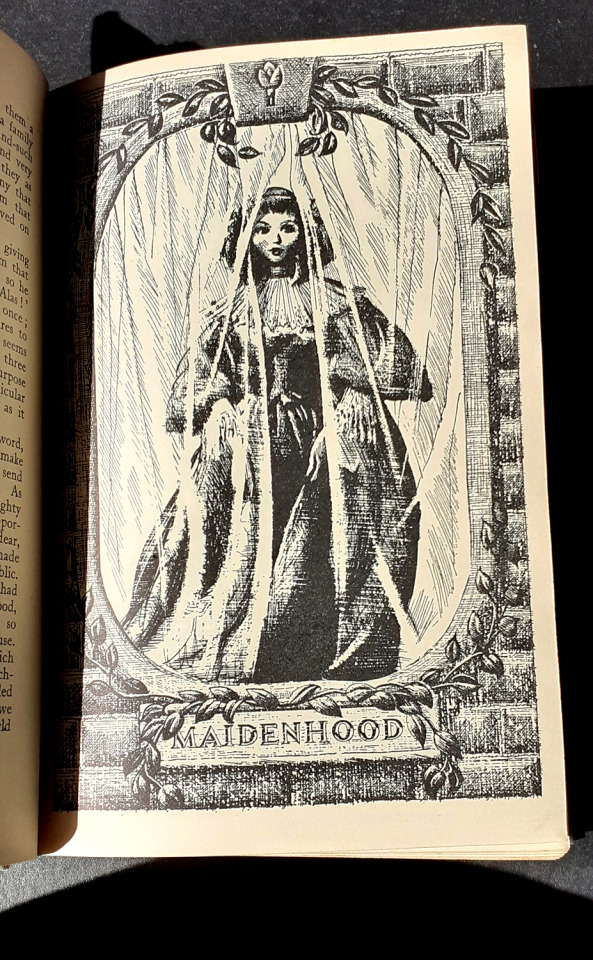
Moll Flanders by Daniel Defoe
Part 1 – Introduction and Childhood
Let me start with how I discovered Moll Flanders: one of my favourite contemporary writers is Glen Duncan, I read I, Lucifer as a teenager, in that book the narrator made a casual reference to the novels of Mervyn Peake, based on just that I decide to find out more about Peake and ended up reading the Gormenghast trilogy over the next decade, it became one of the most significant reads of my life so far. Cut to the present and I’m reading Tallula Rising by Glen Duncan and there’s a casual reference to Moll Flanders. Yes Of course I’m going to read it.
A little background, Moll Flanders was published in 1722 in the UK, it presents itself as an autobiography about, and written by one Moll Flanders, a female criminal. According to Wikipedia it was only in 1770 that a bookseller named Francis Noble attributed the book as being written by Daniel Defoe, who had died 39 years previously in 1731. Now there’s a lot about Moll Flanders for me to review so I’m not interested in researching Defoe’s biography for this one, but a quick look tells me that he was very politically outspoken, his pamphlets and other works on politics and religion got him imprisoned in Newgate Prison for six months where he met real life criminal Moll King, whom the book is based on. It may therefore be speculated that the scandalous novel Moll Flanders was published anonymously to keep Defoe out of trouble, but also to keep the public speculating over whether it was really written by the character Moll Flanders herself.
Very first thing to say is that Moll Flanders is surprisingly easy to read, especially considering it was written 300 hundred years ago, I’ve read books published in my lifetime which are more of a struggle to get through. In terms of language, it is straightforward, however plot-wise it does feel a little long, and certainly a few things could have been cut.
The title page reads: The Fortunes & Misfortunes of the Famous Moll Flanders. Who was born in Newgate, and during a life of continu'd variety for threescore Years, besides her childhood, was twelve year a whore, five times a wife (whereof once to her own brother), twelve year a thief, eight year a transported felon in Virginia, at last grew rich, liv'd honest, and died a penitent.
One of the things I was worried about was whether this novel was presenting a story about a sinner as a cautionary moral tale but really giving readers a chance to delight in scandalous stories whilst still keeping their moral high ground. This is a cheat that artists have often used in the past, for example a popular scene to paint during the Baroque period was the biblical story of Susanna and the Elders; the story goes that two elderly men, full of lustful desire, hid to spy on a married woman as she bathed, later they try to blackmail her into having sex with them, when she refuses they have her arrested and accused of adultery, the biblical figure Daniel prevents her death by using logic to cross-exam the elders. Audiences would look at paintings of the naked Susanna under the pretence that it was a moral teaching and express disgust at the image of the two horny old men, but the audience could still “enjoy” the sight of naked Susanna in the painting, ironically much like the old men.
With Moll Flanders overall it didn’t feel overtly shocking for the audience’s amusement, but there are definitely a few cases that the novel could have done without and the themes would have been conveyed all the same, events such as Moll discovering that she’d accidently married her brother, or a drunken man sleeping with Moll when she’s in her 50s or 60s and not realizing just how old she is, or the excessive number of episodic stories about Moll’s days as a thief.
The novel can be split into two sections: the first relates to her childhood, coming of age and sexual and marital exploits up to her 40s and 50s. The second half relates to her exploits as thief, since she is no longer considered of the age to attract a spouse. To a modern audience her sexual exploits aren’t as shocking as they would have been in the 18th century, while we would still condemn her lying and marrying new husbands whilst still legally married to old ones, to us, speaking from the perspective of a western liberal audience, her sexual exploits just seem like normal dating, except Moll only has two options: marry her lovers or become an outcast mistress.
The scary thing about a novel like Moll Flanders isn’t actually how backwards society was 300 years ago, but how so many of the “modern”, pro-feminist ideas we have today were already written by Defoe three centuries ago and yet we as a society are still struggling to uphold them. I’m going to look at some of the surprisingly forward-thinking comments Defoe championed but also others which have not aged well.
First comment of note from Defoe via the voice of Moll Flanders is the belief that the government should be responsible for the orphans of criminals, that the children should be homed, fed, clothed and taught, taught a skill that will help them provide for themselves. Defoe laments that whilst other countries have such establishments set up, Britain does not. The character of Moll Flanders was born in prison, daughter of a criminal, and that beginning determines the course of the rest of her life.
As an infant Moll is taken in by wandering travellers, then by a nurse, where rich women come to see her out of curiosity and charity. As a child Moll tells those around her that when she grows-up she wants to be a gentlewoman, not understanding the definition of ‘gentlewoman’ she believes a gentlewoman is a lady who does needle work and lives a simple life, someone who chooses what work they do and when. The real gentlewomen born into wealth laugh at the notion and remark that needle work will barely sustain her in adulthood. Whilst she isn’t averse to working, Moll lives in fear of “going into service”, as far as she understands people who work as servants are severely mistreated and to go into service is a fate worse than death.
As Moll reaches puberty she gets taken in by a wealthy family, she possess natural beauty and a shrewd understanding of how to make herself likable to others, she charms first the ladies of the house and then the young men, causing jealously of the vanity kind among the women. When Moll is 17 the eldest son of the family starts to make advances towards her, secret advances on her “virtue”. Moll comments “I had no room, as well as no power, to have said no”, she is a teenager, poor and taken in thanks to the charity of his family, dependent on how likeable she continues to be. She overhears his sister say that beauty, education and family connections are no longer enough to recommend a woman, wealth is the only real decider, so when the eldest son presses a purse full of money onto Moll’s bosom, she “made no more resistance to him, but let him do just what he pleased, and as often as he pleased; and thus I finished my own destruction at once, for from this day, being forsaken of my virtue and my modesty, I had nothing of value left to recommend me”.
Her first lover made all sorts of promises which he never kept, establishing imbalance between their positions; the precariousness of hers as a woman and as a penniless orphan vs the eldest son of a wealthy family. He pushes her towards marrying his younger brother so that he does not have to himself. Although young, Moll isn’t completely naïve, however this first encounter with love shapes her outlook for the rest of her life, is it any wonder that she treats her future lovers with trickery and deception?
Review by Book Hamster
#just finished reading#moll flanders#daniel defoe#book covers#Great Book Covers#beautiful book covers#old books#old editions#feminism#feminism in literature#classic literature#engravings#book illustration#classic fiction#arthur wragg#book blog#reading blog#upbringing#first love#18th century
27 notes
·
View notes
Text
“We must admit the dignity of the woman. My word—with that beauty of hers,and her character —what might she not have been! Ofcourse my justification lies in her own conduct ,that is quite clear ; and then to go away with that fellow Rogojin, it was all ephemeral—alromance,ofcourse,—I know,but think of her education,her beauty—all--and now she’s utterly ruined!" And Totski sighed deeply”
-F. M. Dostojevski “Idiot”
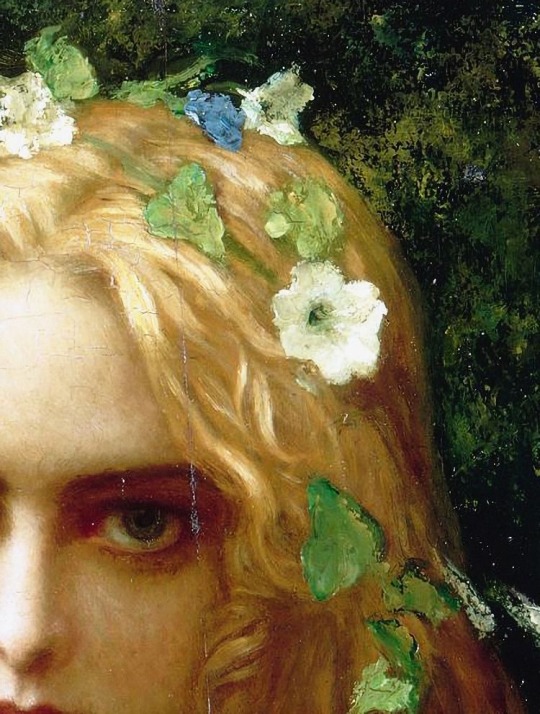
What I might be, could have already become, if only i started what I know I should do, and stopped what i know I shouldn’t be doing
6 notes
·
View notes
Text
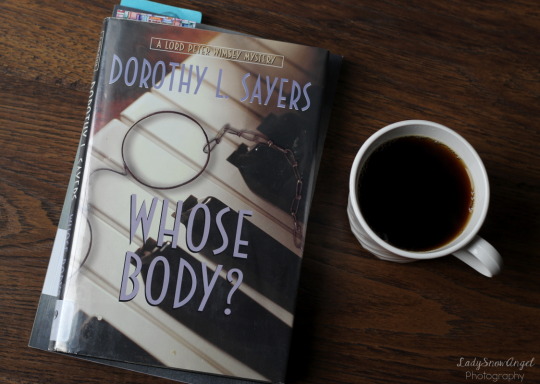
Read in March: Whose Body? by Dorothy L. Sayers
#Lord Peter Wimsey#Whose Body?#Dorothy L. Sayers#coffee#book#classic fiction#reading#read#read in 2023#coffee mug#black coffee#book photography#photography#booklr#library book
24 notes
·
View notes
Photo
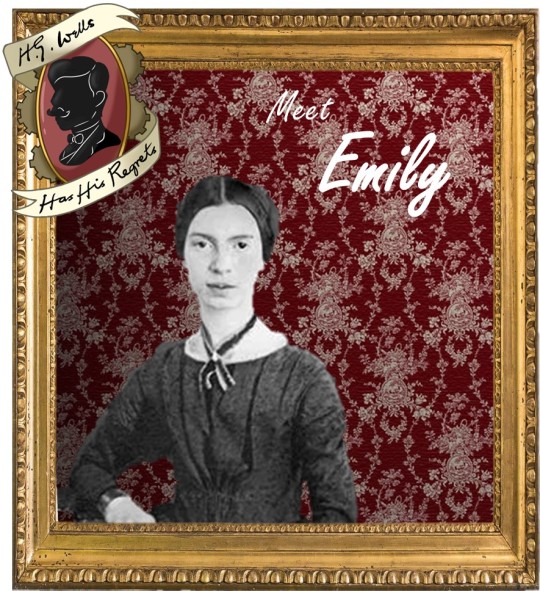
EPISODE 13: EMILY DICKINSON
H.G. hopes for the best as he takes a trip across the pond to meet a certain American poet - this brand new episode stars the absolutely incredible MARNIE WARNER as Emily Dickinson!
In addition, stick around for the opening intro for new and exciting information about the show...
Click the link below to listen, or find us wherever you get your podcasts:
https://anchor.fm/hg-wells-has-his-regrets/episodes/Episode-13-Emily-Dickinson-e1sjrru
#hg wells#hgwhhr#HG Wells Has His Regrets#classical literature#classical authors#classic fiction#emily dickinson#podcast#podcasting#poets#podcast recs#indie podcasts#uk podcasts#uk audio drama#uk audio fiction#authors#audio drama#audio fiction#podernfamily#sci-fi#science fiction#steampunk#time machine#time travel
20 notes
·
View notes